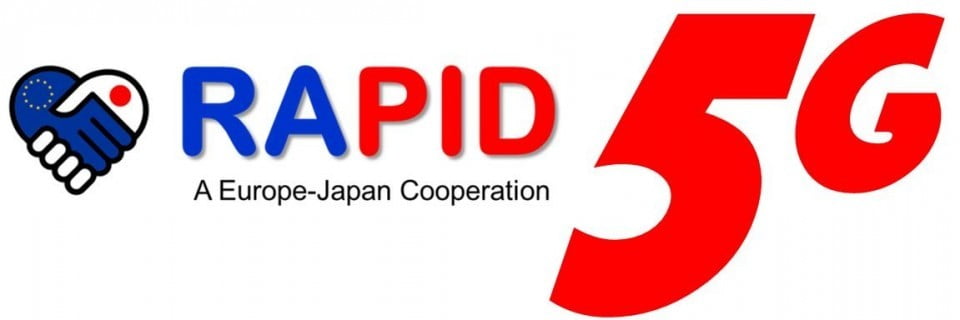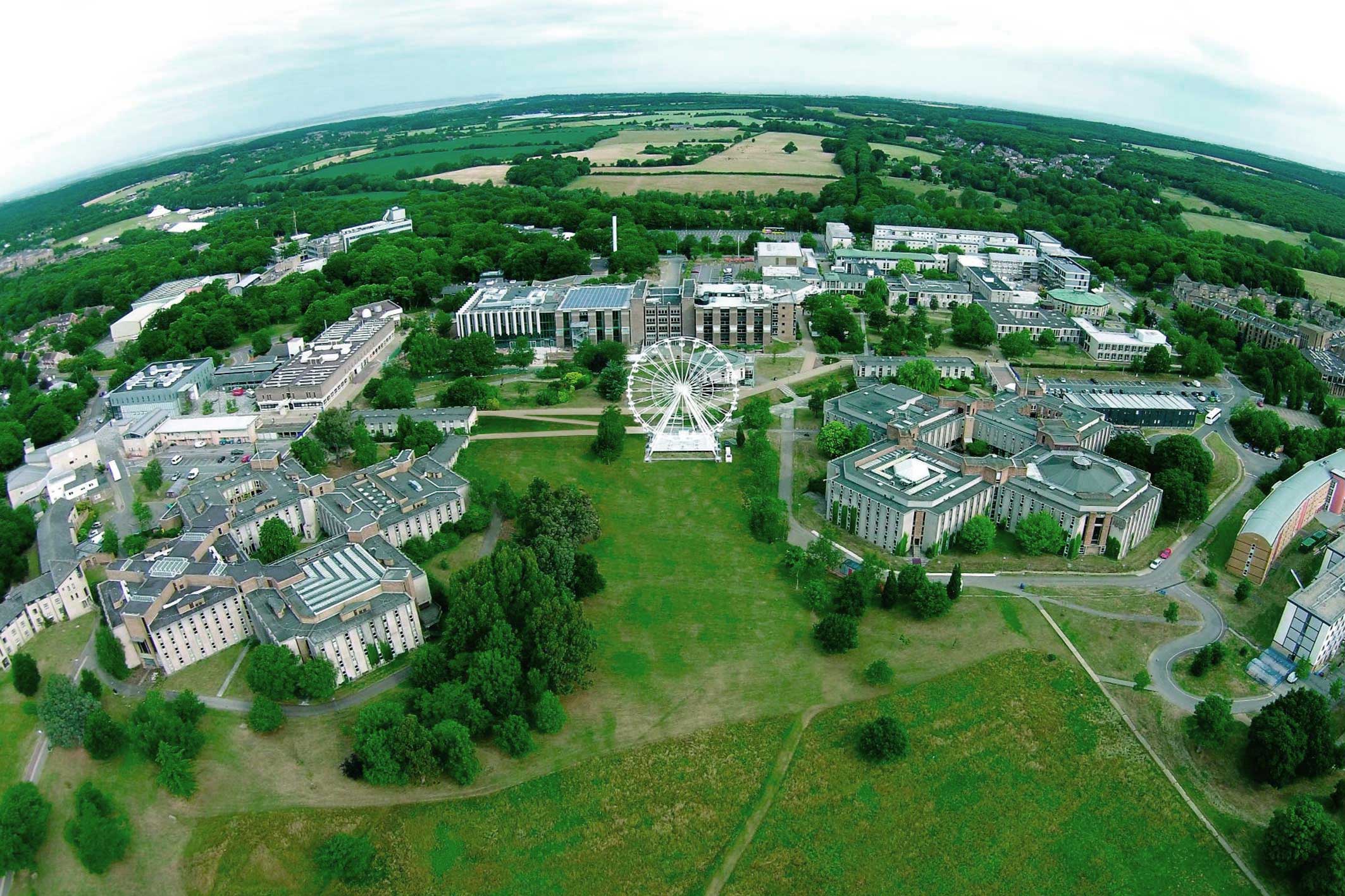Real-world tests of 5G technologies that could deliver dramatically faster data transfer speeds than 4G networks took place in Warsaw earlier this month.
The tests were conducted by the RAPID 5G consortium, which is a European Union-Japan Horizon 2020 research project which started in 2014 and is formed of universities, research institutes, telecom operators and infrastructure manufacturers, of which academics from the University of Kent’s School of Engineering and Digital Arts (EDA) are members. The tests examined the possibilities of running extremely high-speed data transfer rates of up to 10 Gb/s at very low latency to a large number of devices.

RAPID5G contributes to the future of mobile communications by developing technologies next generation mobile wireless networks.
The trial, led by Polish telecoms company Exatel, involved a live ‘field test’ in a shopping centre in Warsaw which broadcast 4K and 8K video streams from 5G antennas to a computer fitted with VR goggles at speeds of 800Mb/s.
This was designed to test the interoperability of all the elements of the network infrastructure, with particular focus on the conversion of the video transmissions from back-end fibre networks to the 5G mobile spectrum in use.
There are now plans to test the technology again at a football stadium in Osaka, Japan next month.

Established in 1965, the University of Kent – the UK’s European university – now has almost 20,000 students across campuses or study centres at Canterbury, Medway, Tonbridge, Brussels, Paris, Athens and Rome. Kent is ranked 17th in the UK for research intensity (REF 2014). It has world-leading research in all subjects and 97% of its research is deemed by the REF to be of international quality. (featured image: Canterbury Campus)






